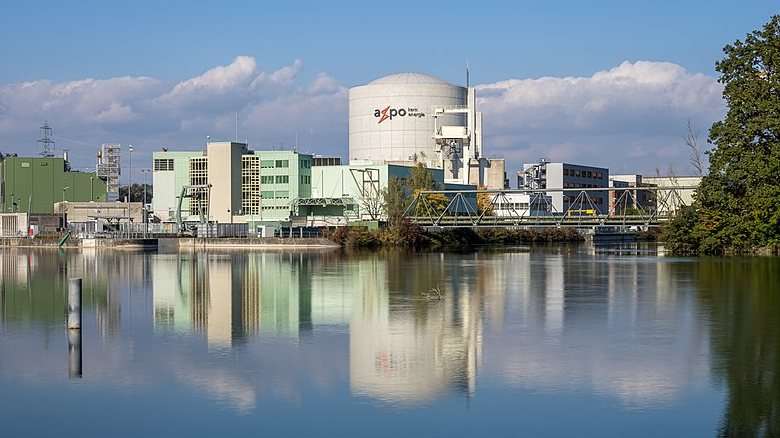Switzerland Considers Reversing Course on Nuclear Power.
Others are reading now
The Swiss government is contemplating overturning a 2017 referendum decision that banned the construction of new nuclear power plants. This potential policy reversal, spearheaded by Energy Minister Albert Rösti, is being framed as a move towards technological neutrality and energy security.
Seven years ago, Swiss voters decisively rejected new nuclear plants, with 58.2% supporting the ban. Now, citing concerns about energy independence and the pace of renewable energy expansion, the government is proposing to reform the Nuclear Energy Act.
“The existing ban on new nuclear power plants is incompatible with our goal of technological openness and poses risks for the decommissioning of existing facilities,” the government stated according to German Tagesschau.
They emphasized the importance of maintaining the ability to produce domestic electricity year-round.
Also read
Currently, Switzerland operates four active nuclear power plants, with one having been decommissioned in 2019. Nuclear energy accounts for approximately one-third of the country’s electricity production as of 2023. The government expresses uncertainty about whether renewable energy sources can be expanded quickly enough to replace the power generation lost if nuclear plants are phased out, especially given the country’s increasing electricity demands.
Minister Rösti plans to have a draft reform proposal ready by the end of the year. It’s important to note that the 2017 referendum only prohibited new construction; existing plants were allowed to continue operating as long as safety standards were met.
However, the government stresses that lifting the ban doesn’t necessarily mean new nuclear plants will be built immediately. “We need to act now to be prepared for the future,” Rösti explained.
The announcement has sparked mixed reactions. Environmental groups and the Green Party have expressed outrage, accusing the government of disregarding the will of the people. In contrast, pro-nuclear organizations like the Swiss Nuclear Forum have welcomed the move.


